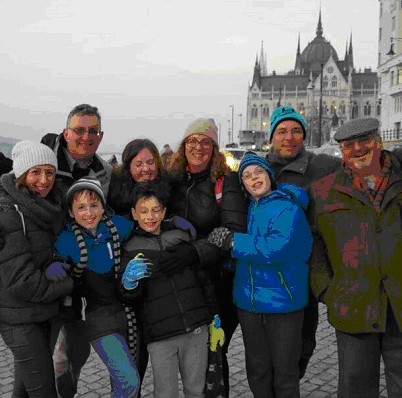Believe it or not, the last parsha, Va-y’chi, marked the end of Bereshit, and what an immensity and intimacy we have witnessed. Genesis starts on the most macro of levels, with the creation of the world, of light and of life; it moves through the epic destruction of the flood and of the scattering of nations after the hubristic attempt to reach the heavens and, then, focusses on the most micro of levels: a tiny family. For weeks and weeks, we have been absorbed in the most human of tales, of the great-hearted Abraham and his determined wife Sarah, of the far-seeing Rebecca and the meditative Isaac, of the heart-rending suffering of Hagar and Ishmael, of the intense drama of Jacob and Esau and then of Jacob’s sons. Va’y’chi brings a sort of closure with the death of Jacob, happy to be reunited with his lost, favourite son, his blessings for all his sons and Joseph’s confirmation of his forgiveness of his older brothers. The family reach a period of peace and understanding, all of them wiser and better. Why, however, when Jacob blesses Joseph’s sons, Ephrahim and Manasseh, does he put the younger before the elder? Is this another example of the apparent reversing of the accepted hierarchy, or is there another subtler message contained here? Whatever is going on, it does not retract from the general atmosphere of a family being somehow complete and at peace with itself.
We are about to embark on Shemot, Names, or Exodus and, in so doing, we move from the story of a family to that of a nation. This is both a huge development, the transformation of Israel, the single individual, into the children of Israel, and eventually into the people of Israel, and a disjuncture. Genesis ends with a family accepted and honoured by the Egyptian Pharaoh and his subjects, one of the sons of this family the second most important person in the land. Exodus begins with a people who have no power and yet who are feared, and who are therefore persecuted. Does it sound familiar to us now? Things certainly don’t look good, but there is hope, there is always hope.
To be in on the beginning of the story of Moses and the beginning of a people, of a faith and of a social experiment which are still alive and developing, come along this Saturday at 10.30. Pat Lipert of the sagacious voice will be leading the service.
